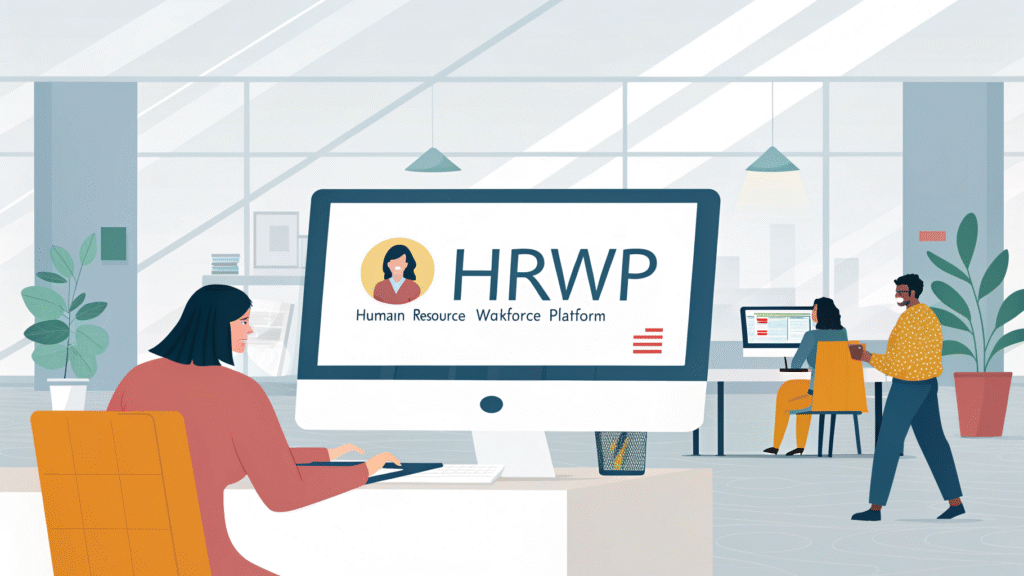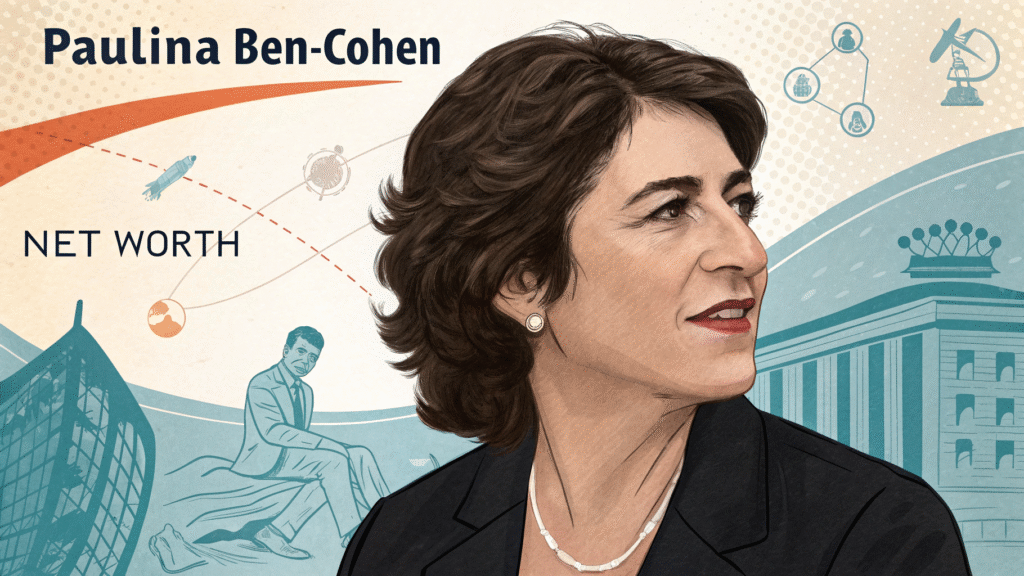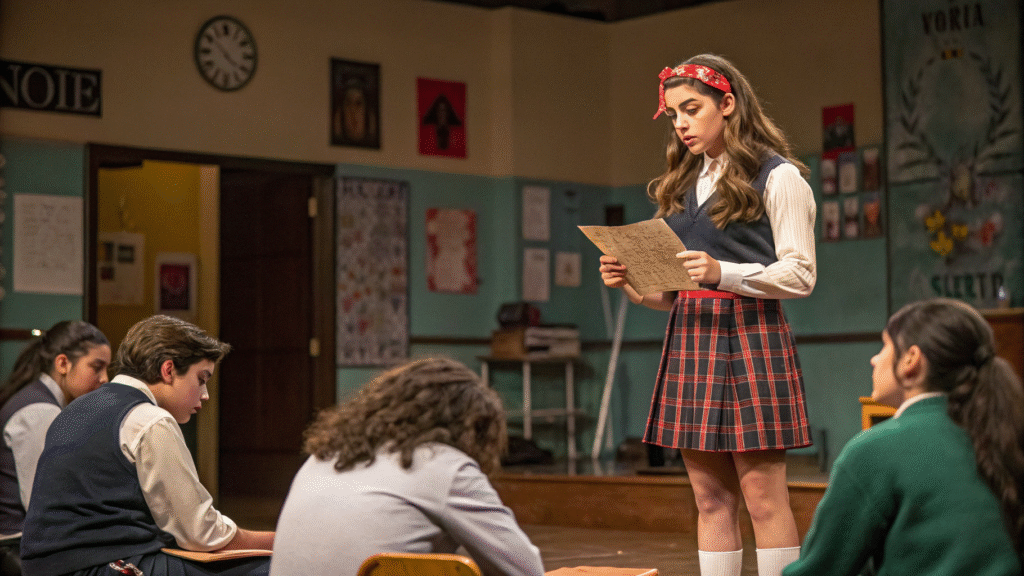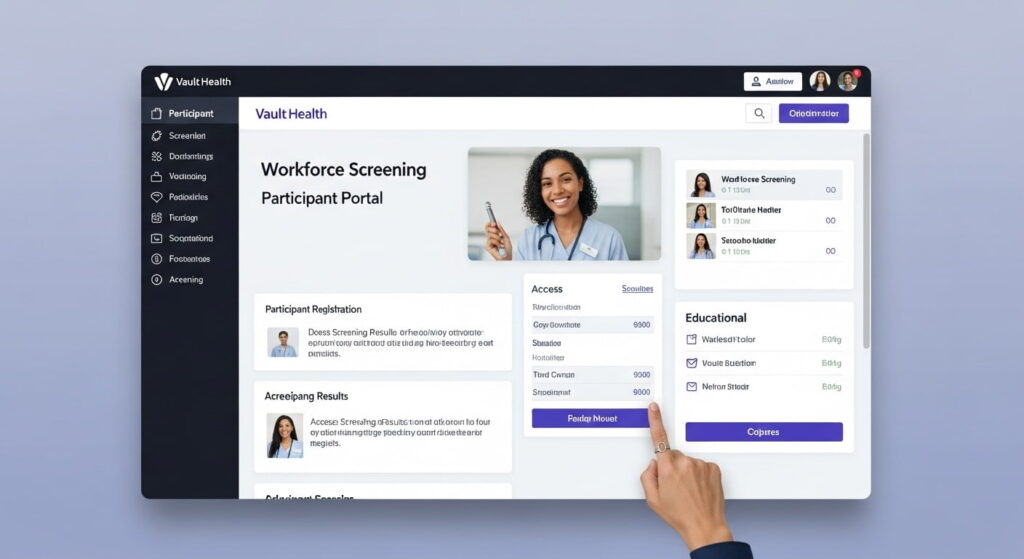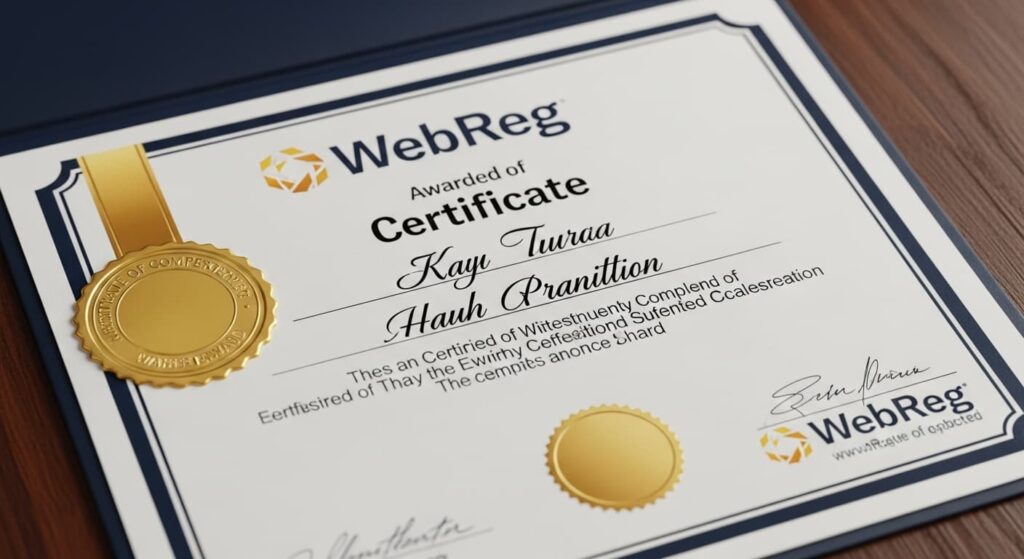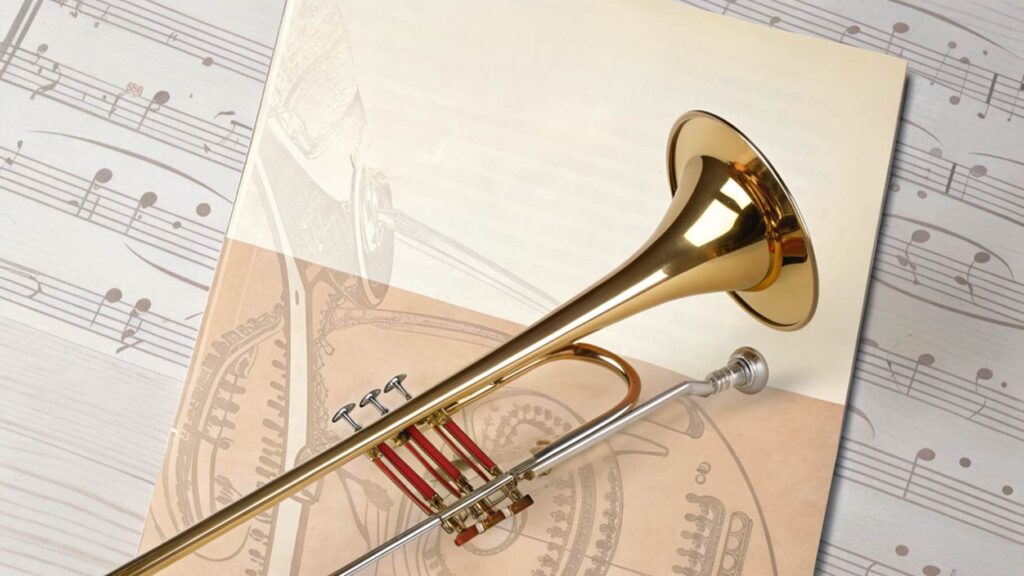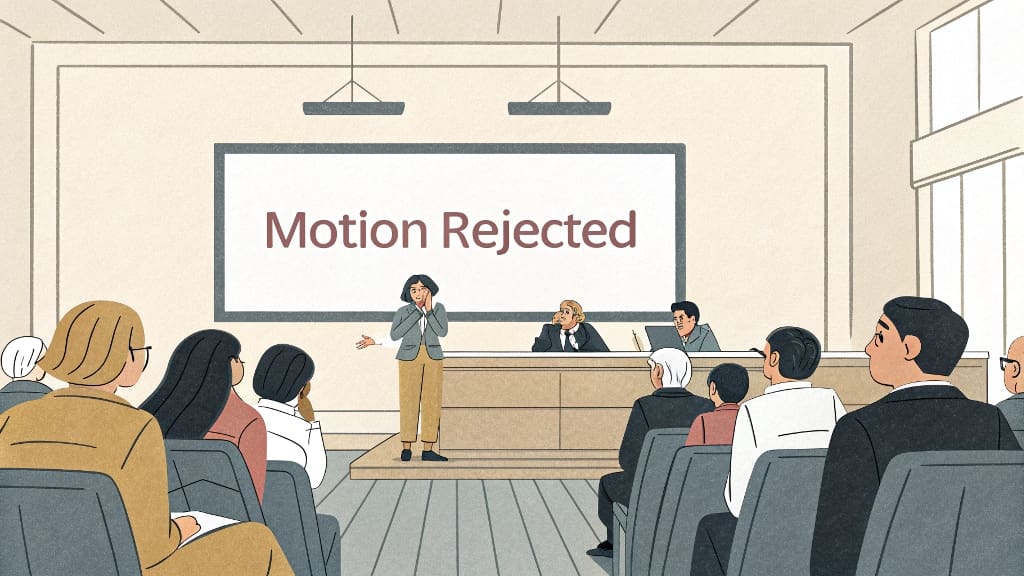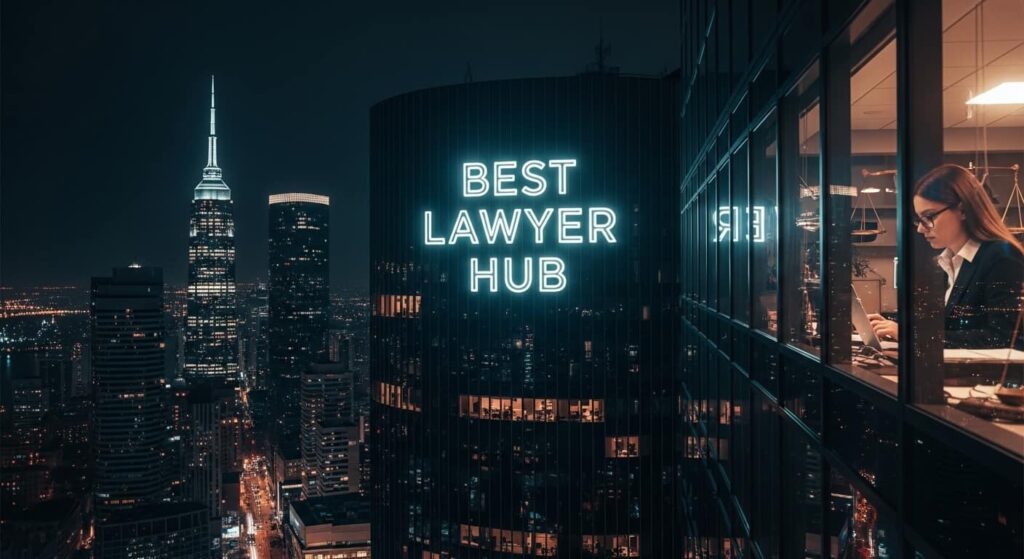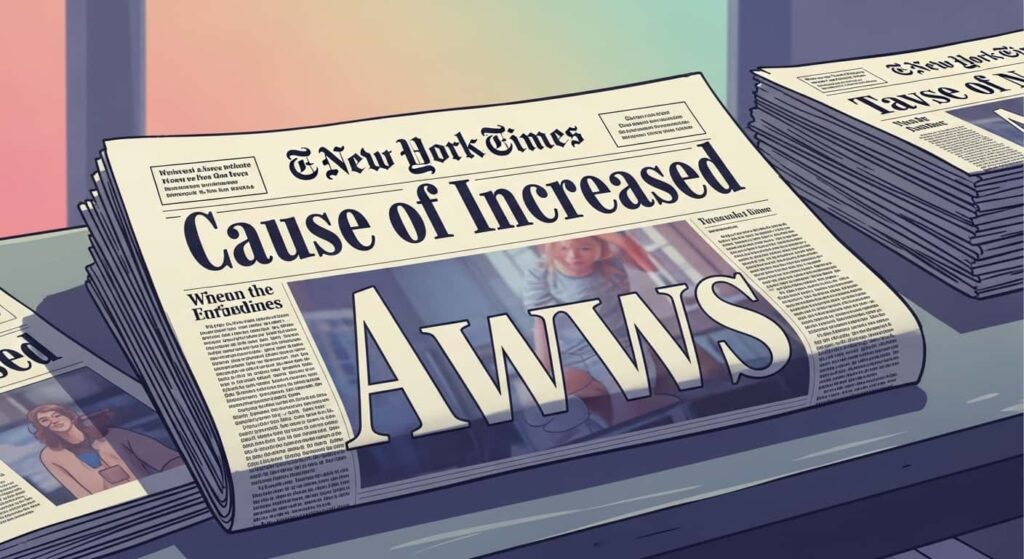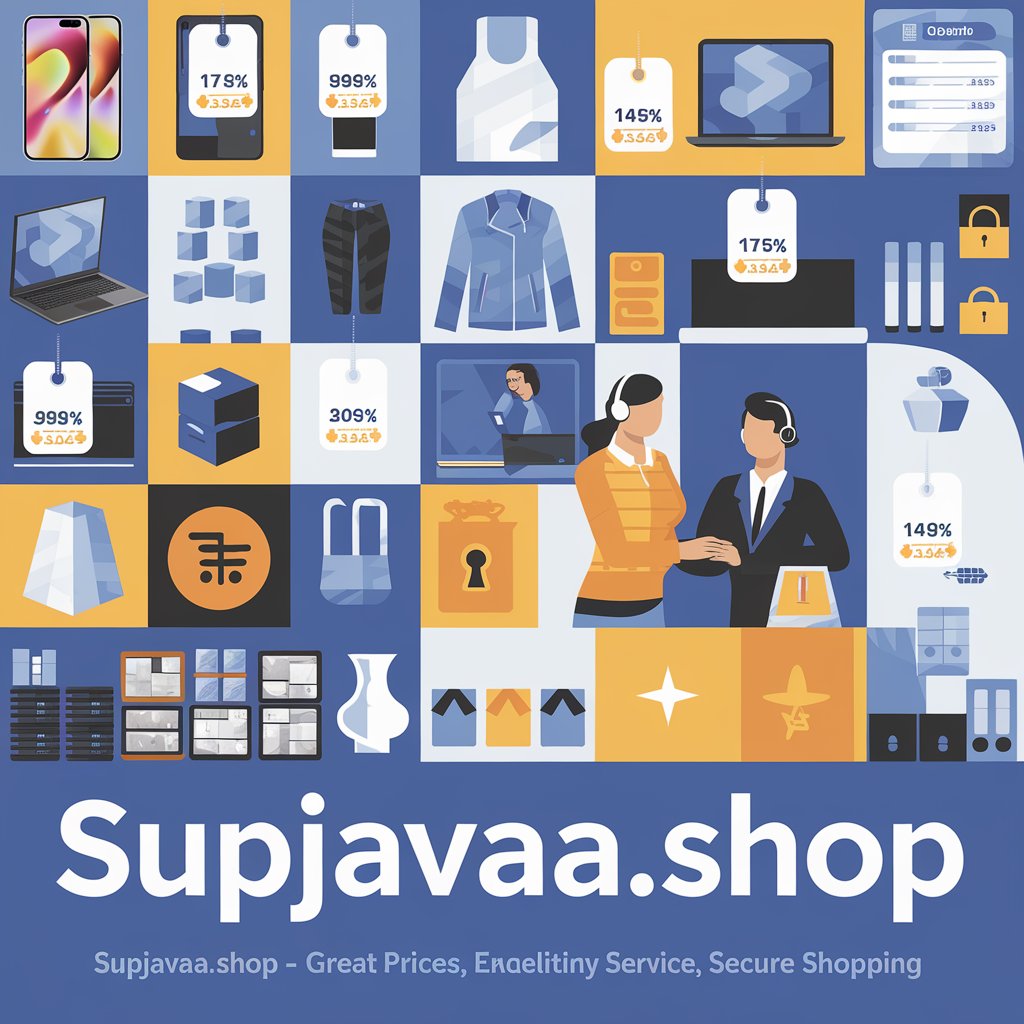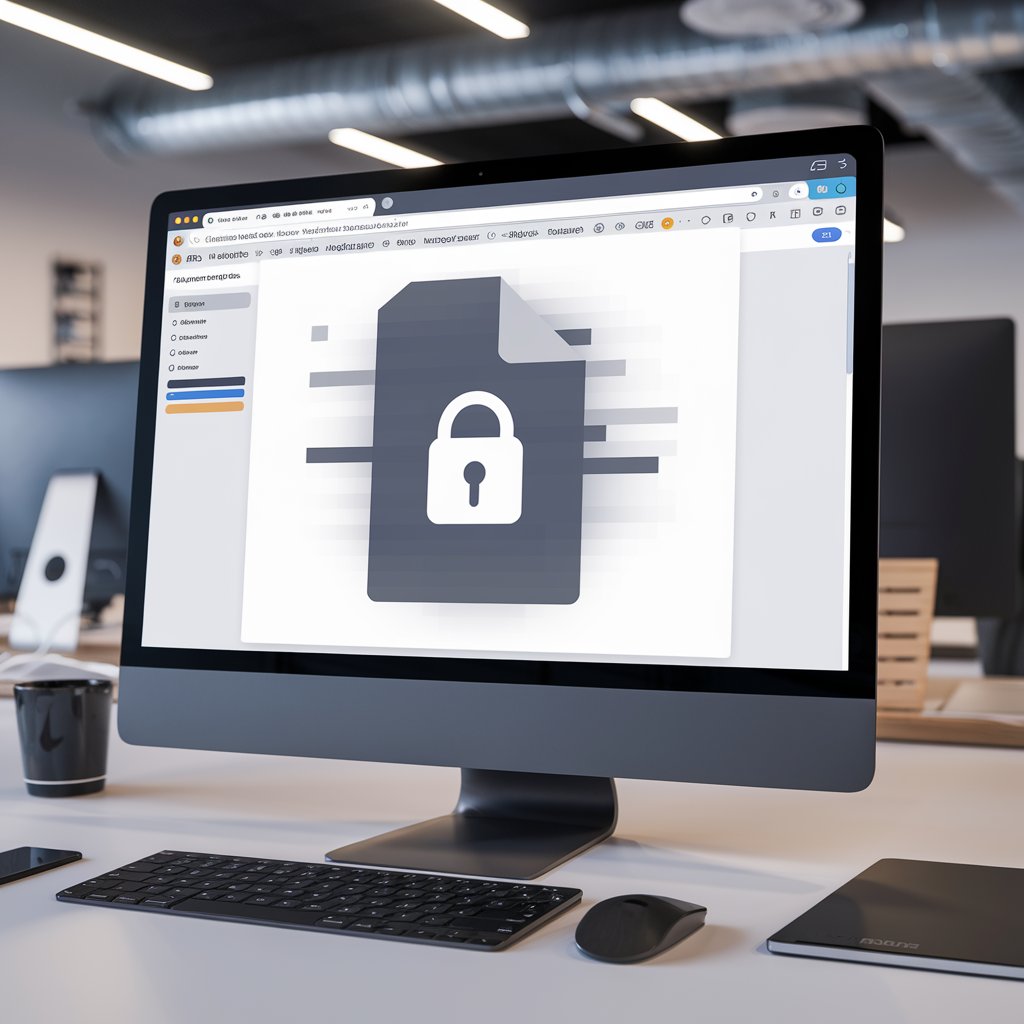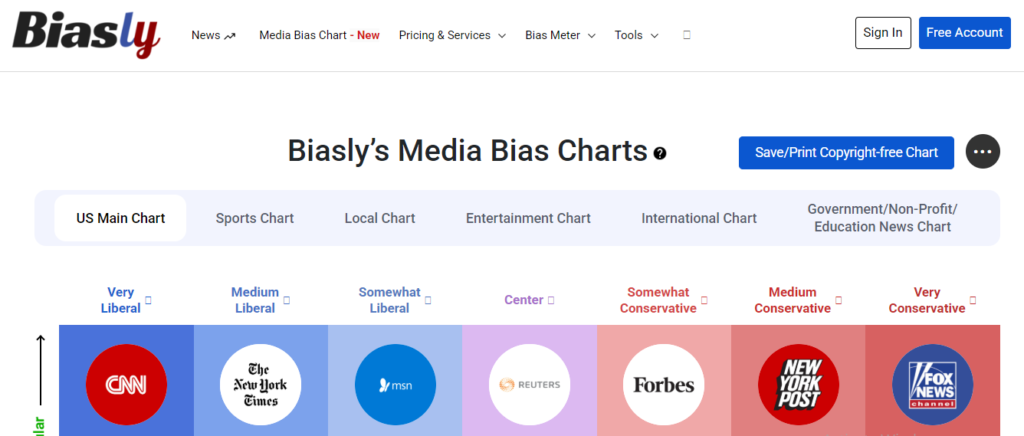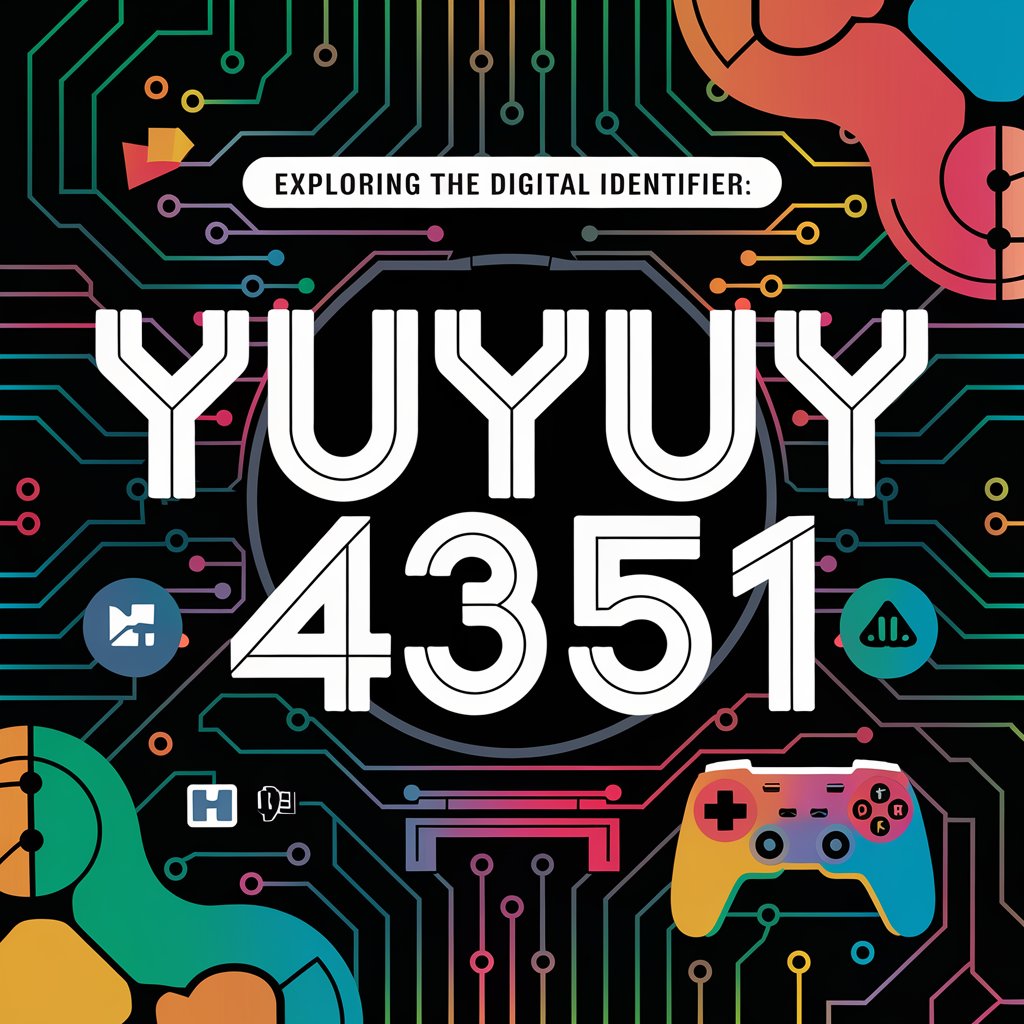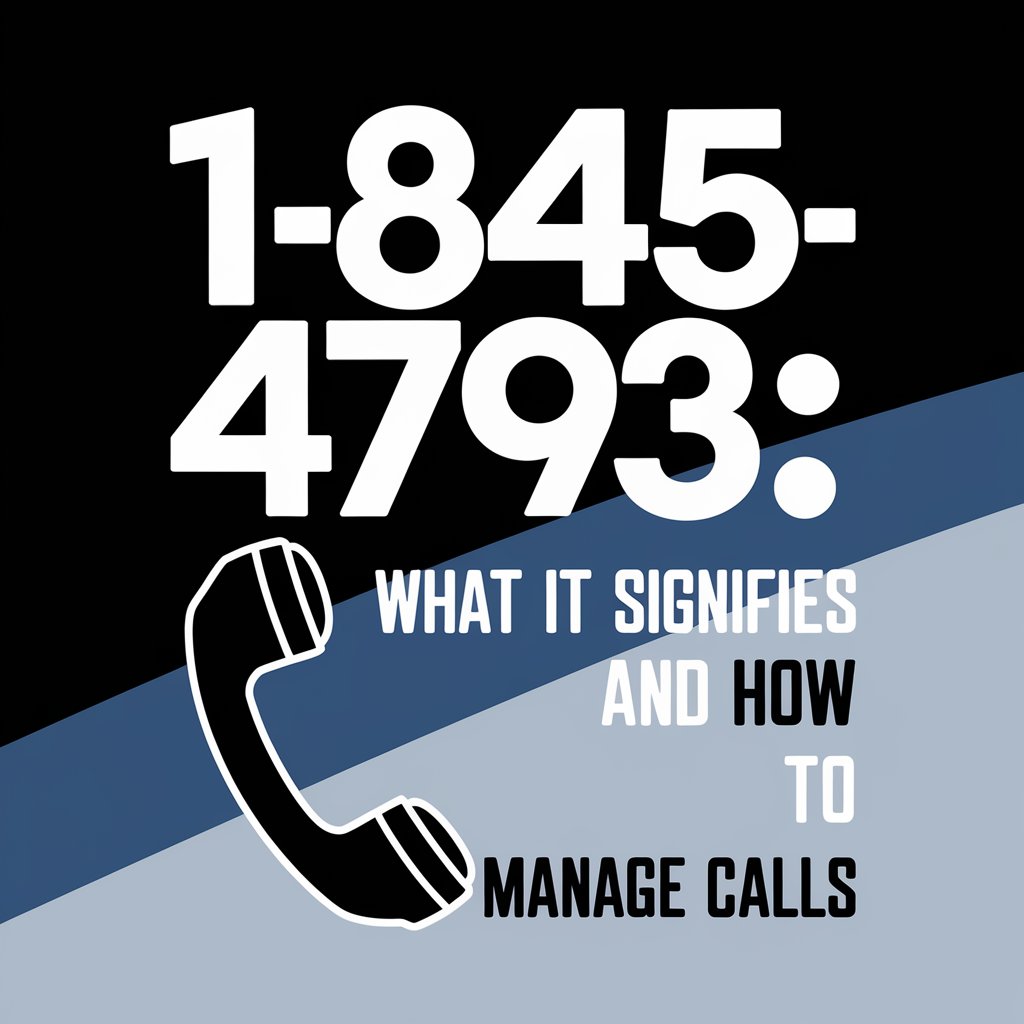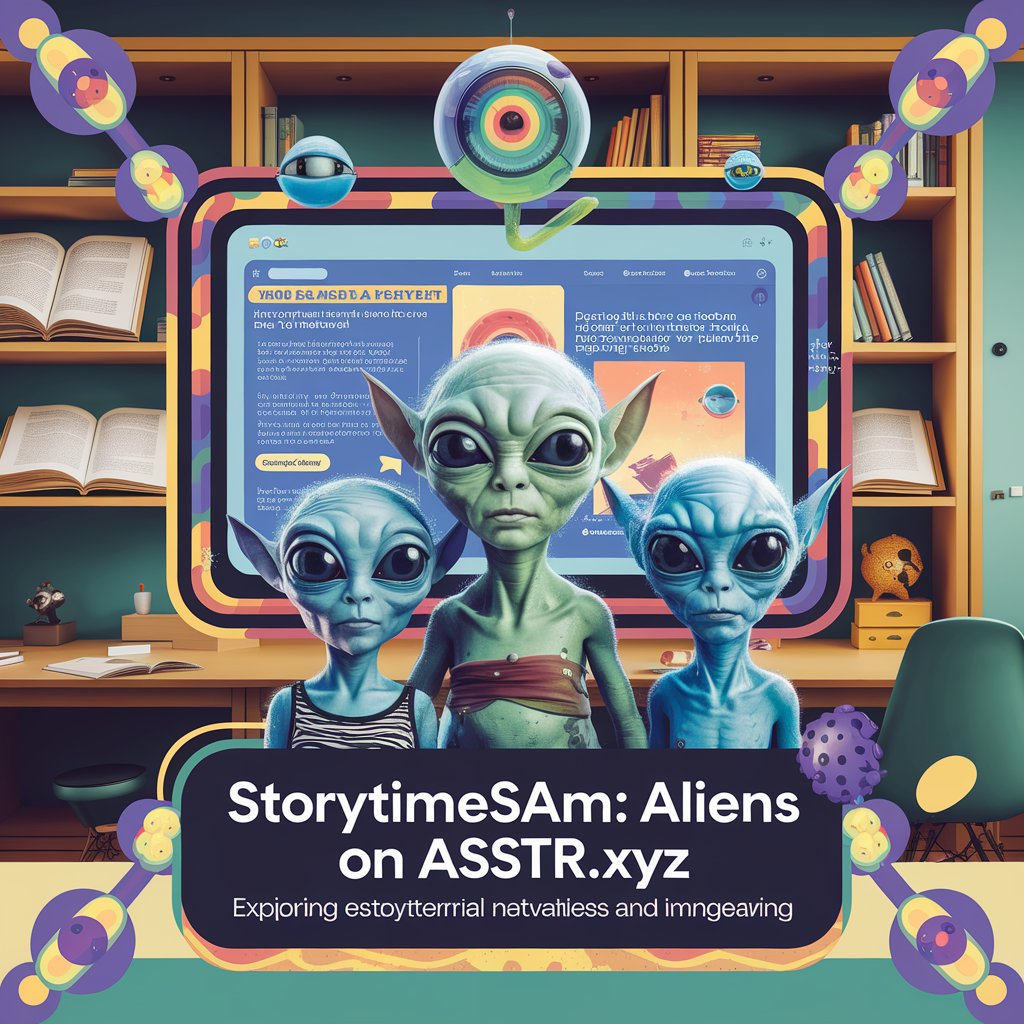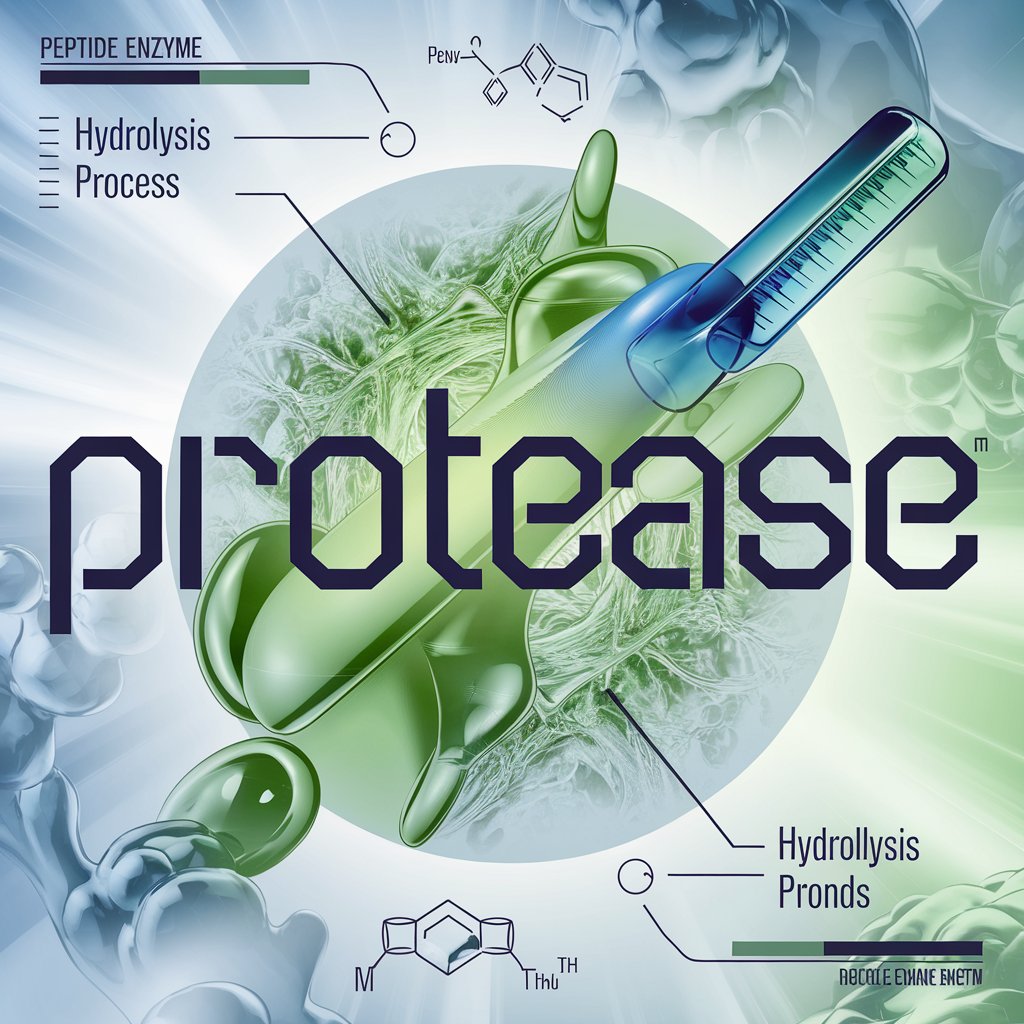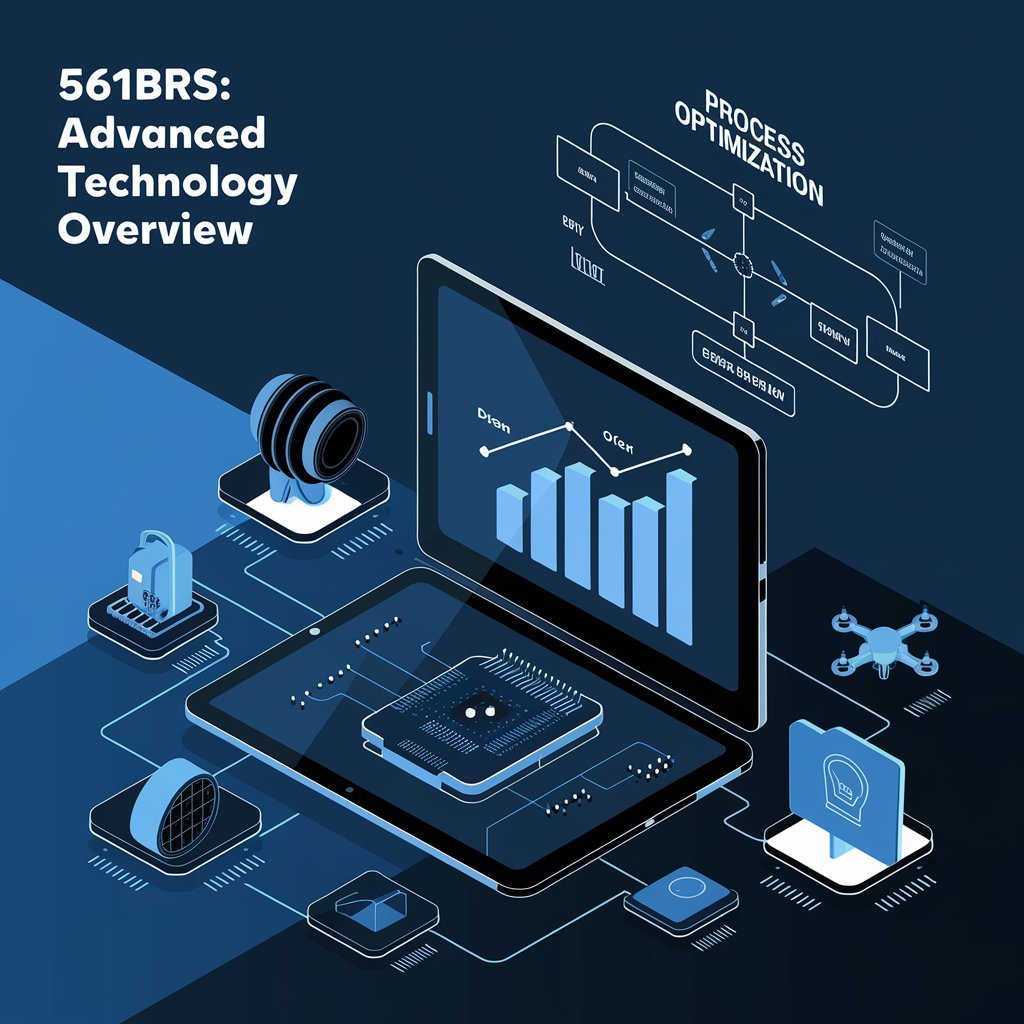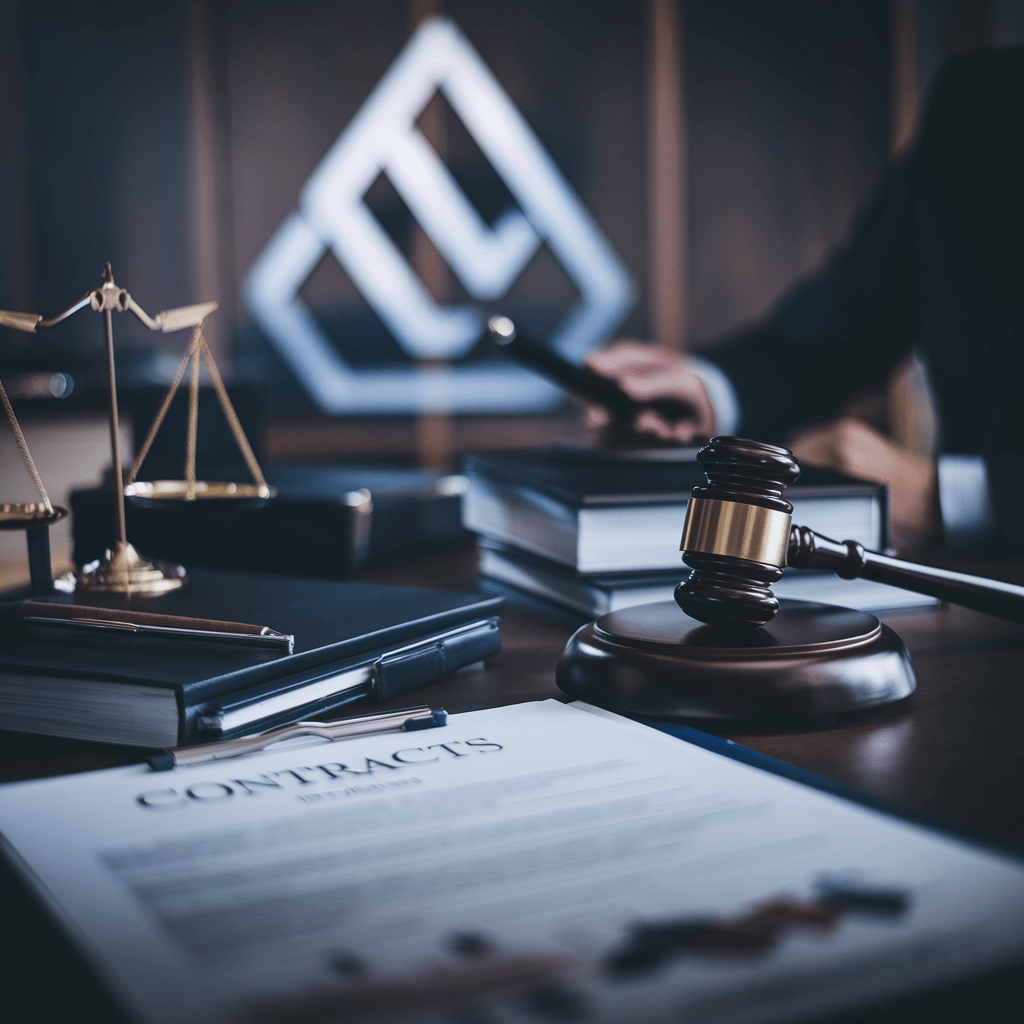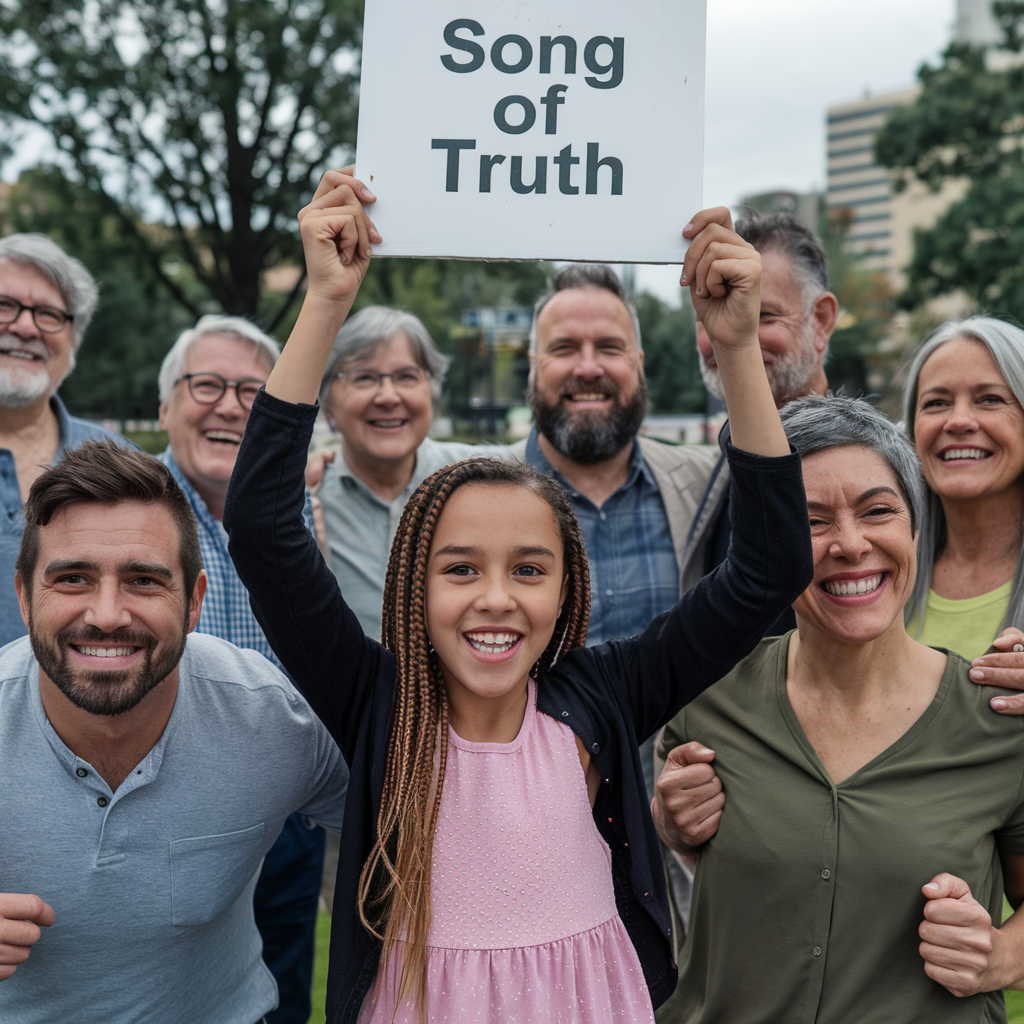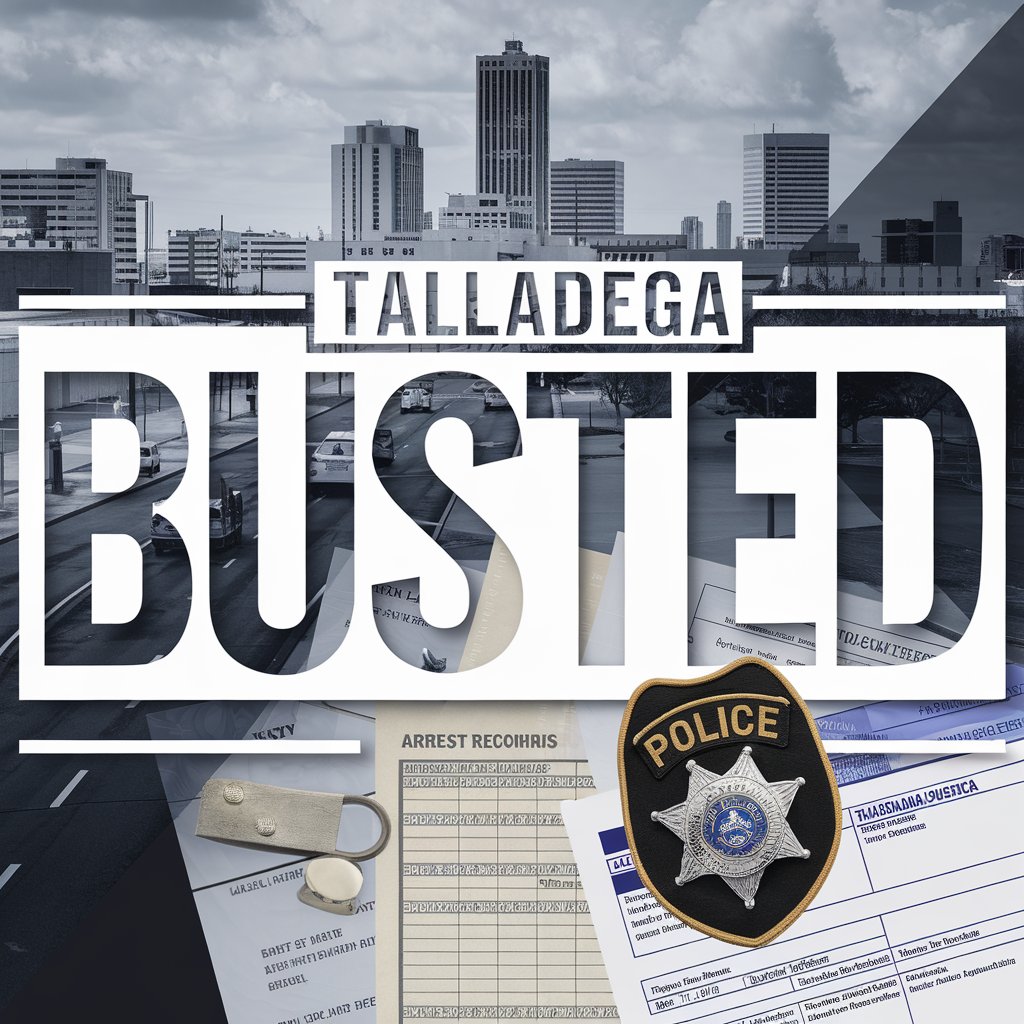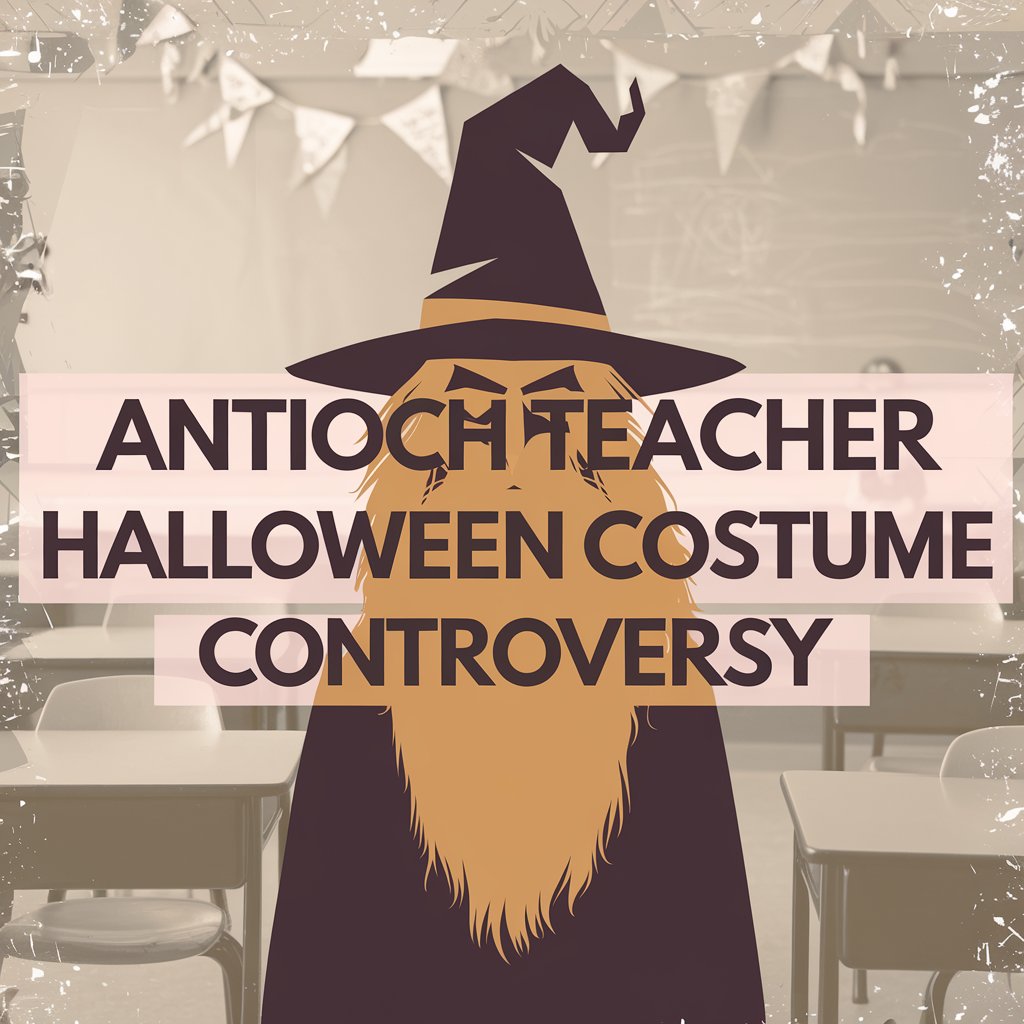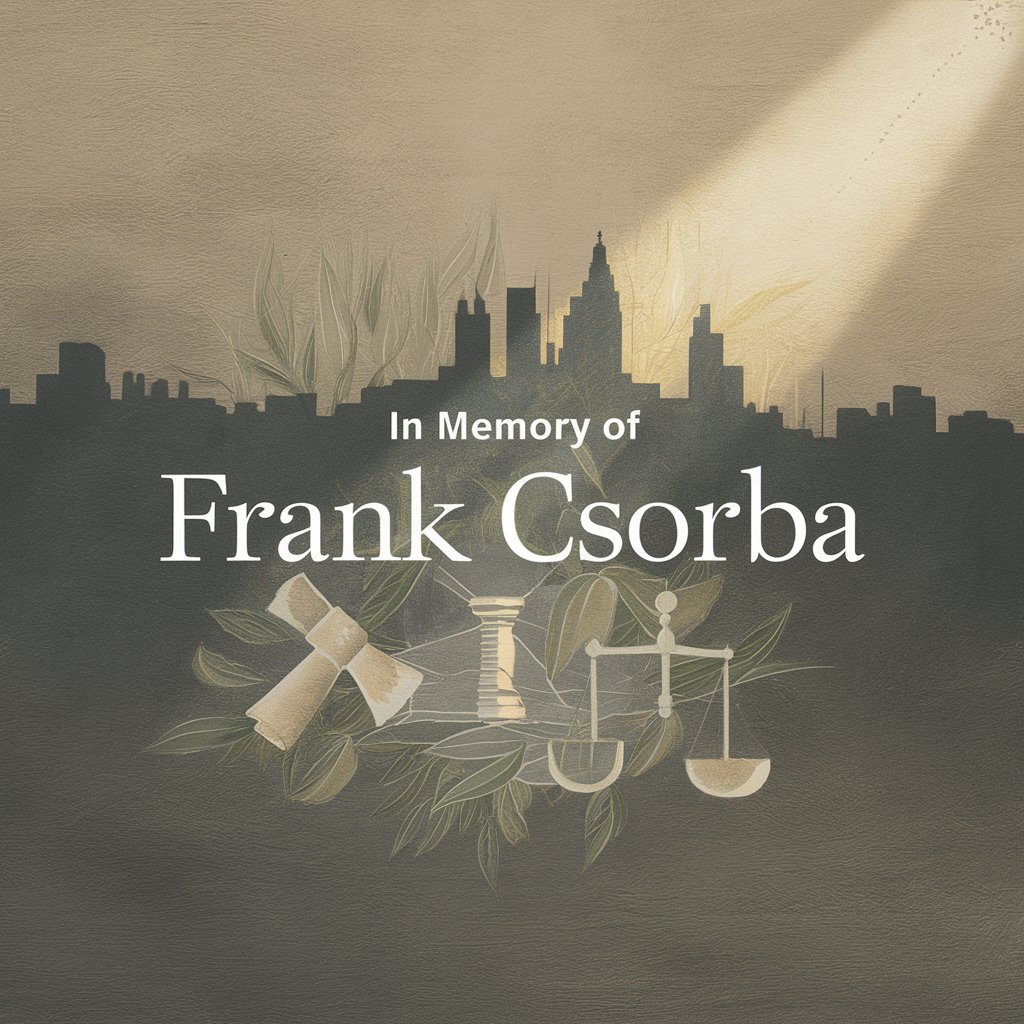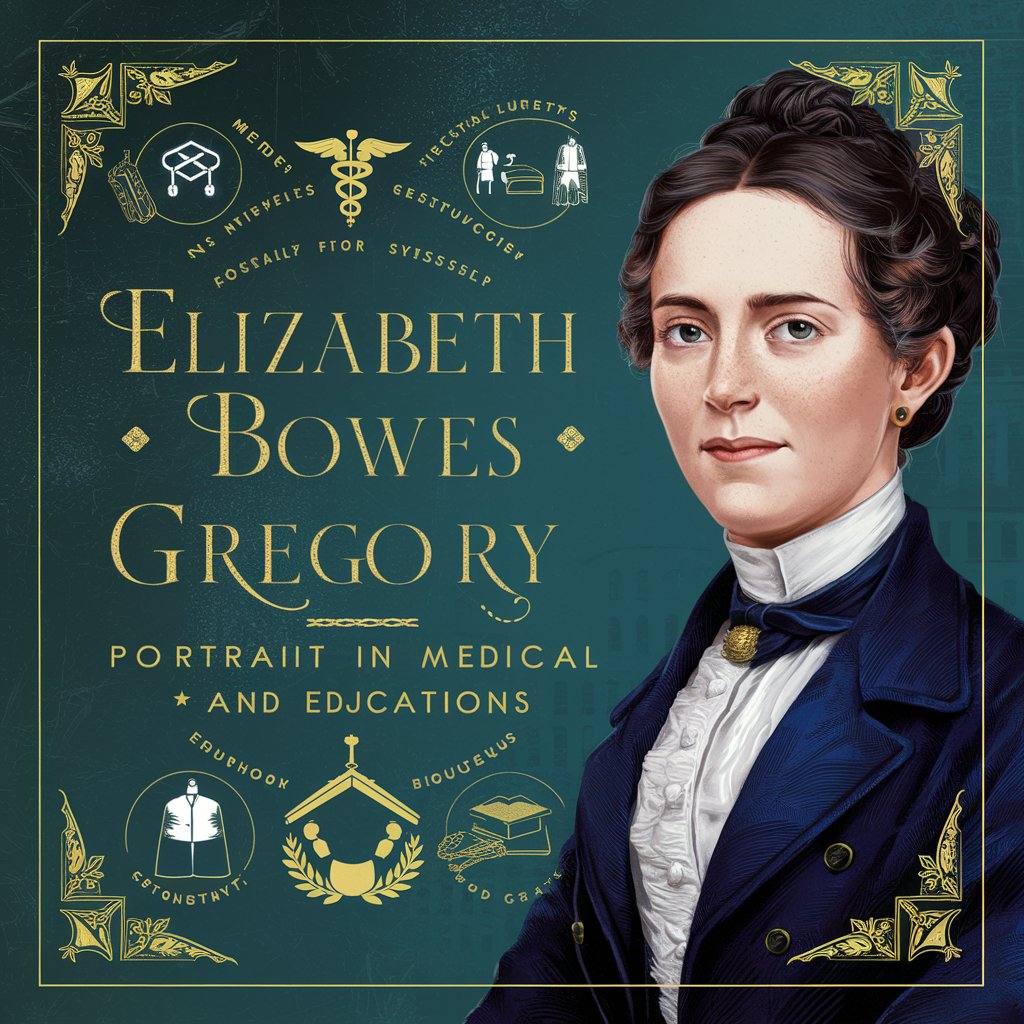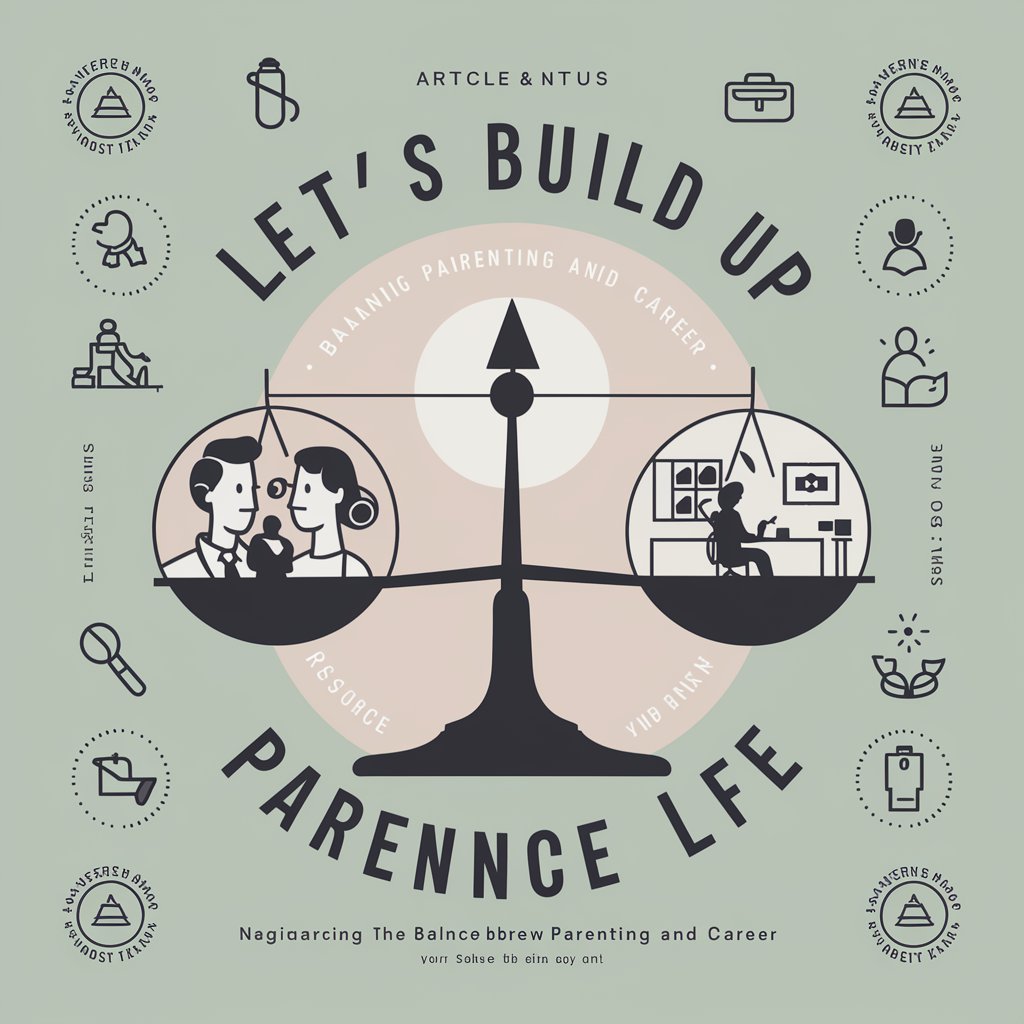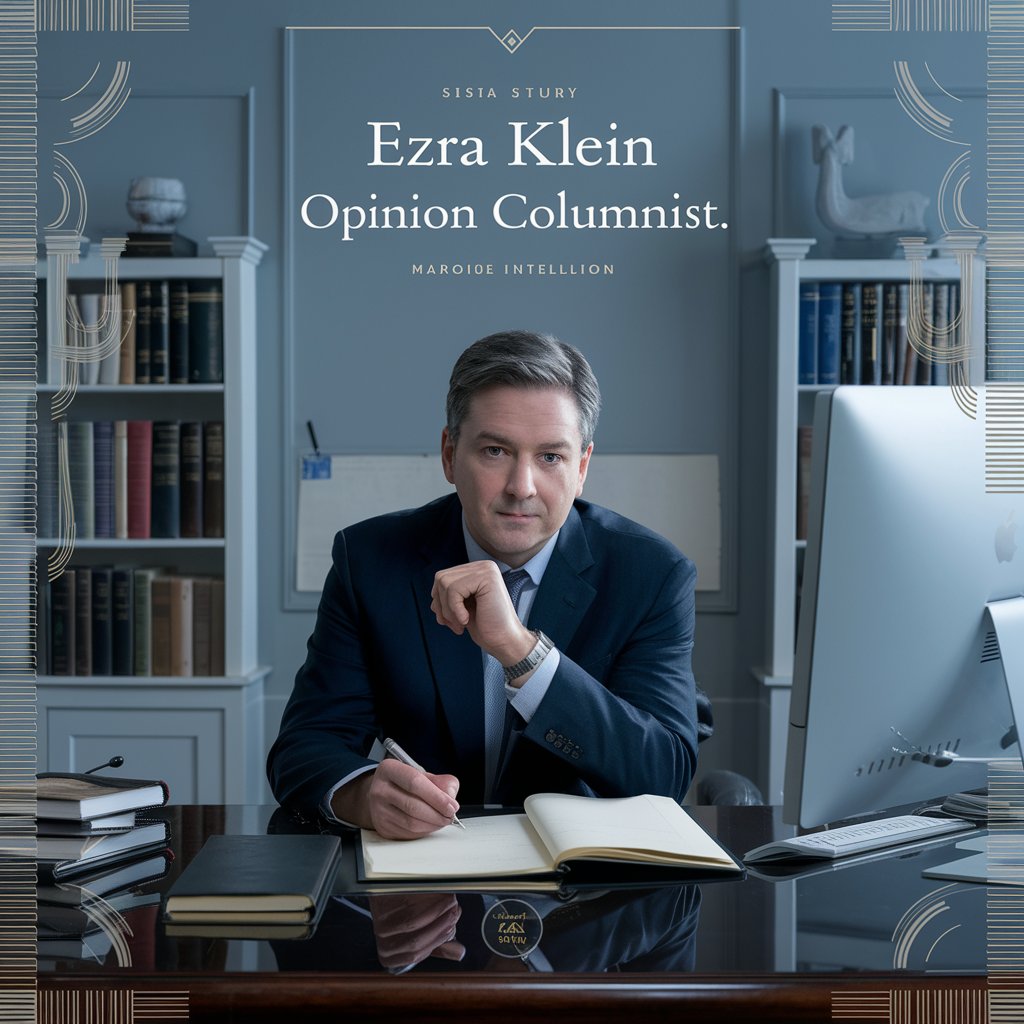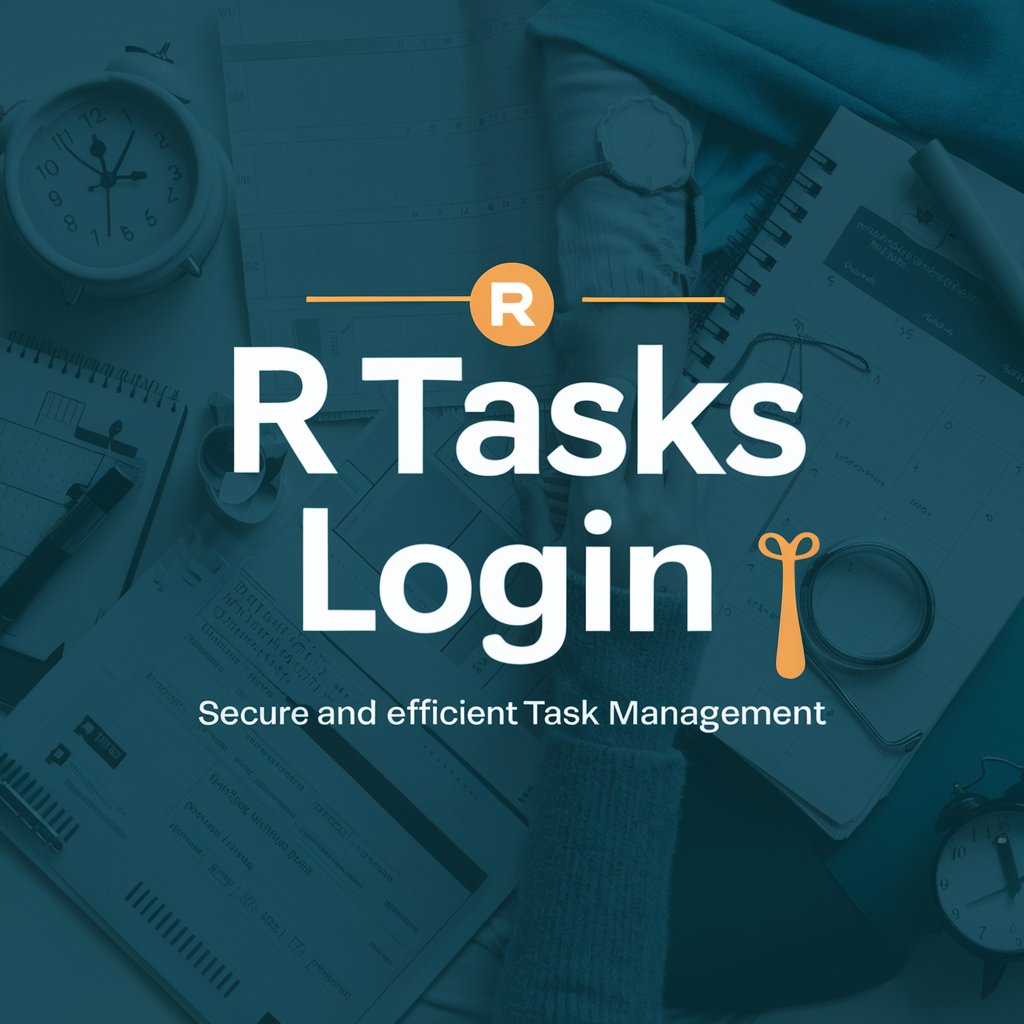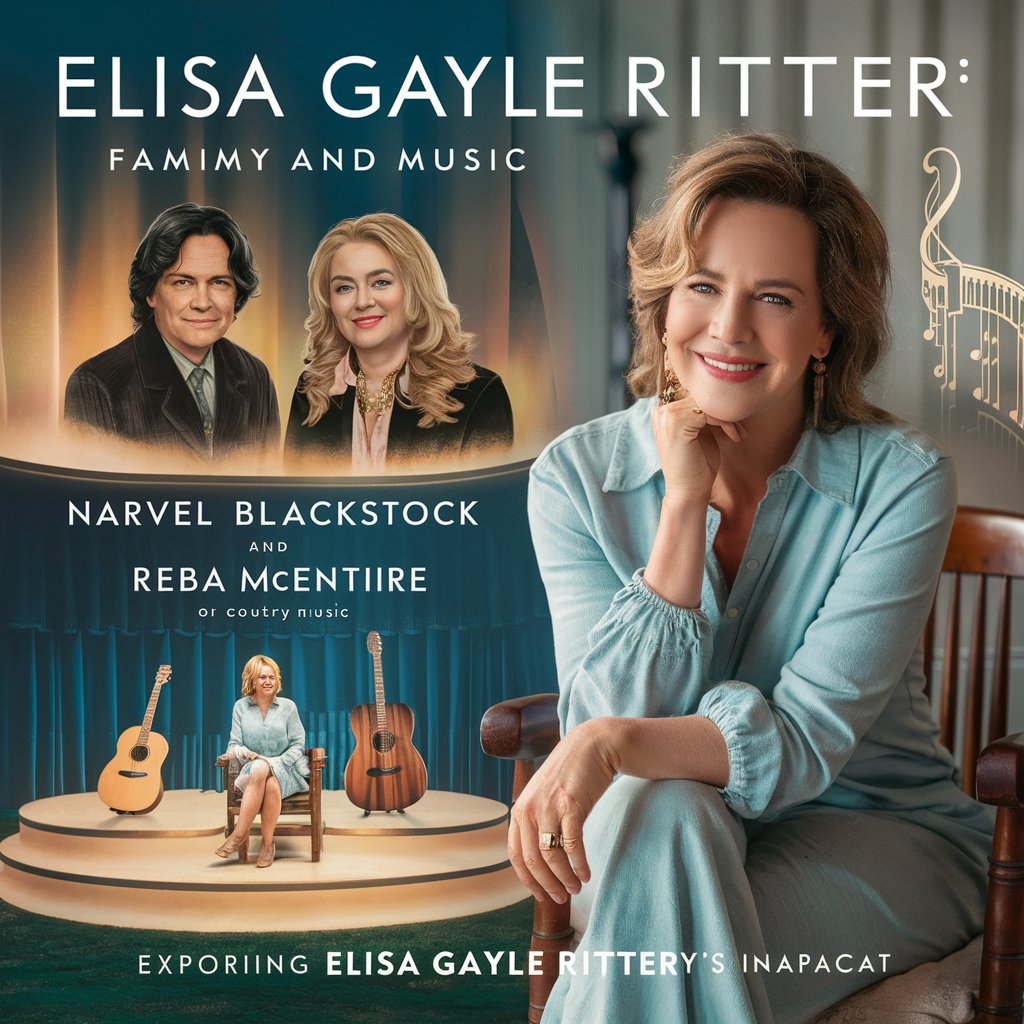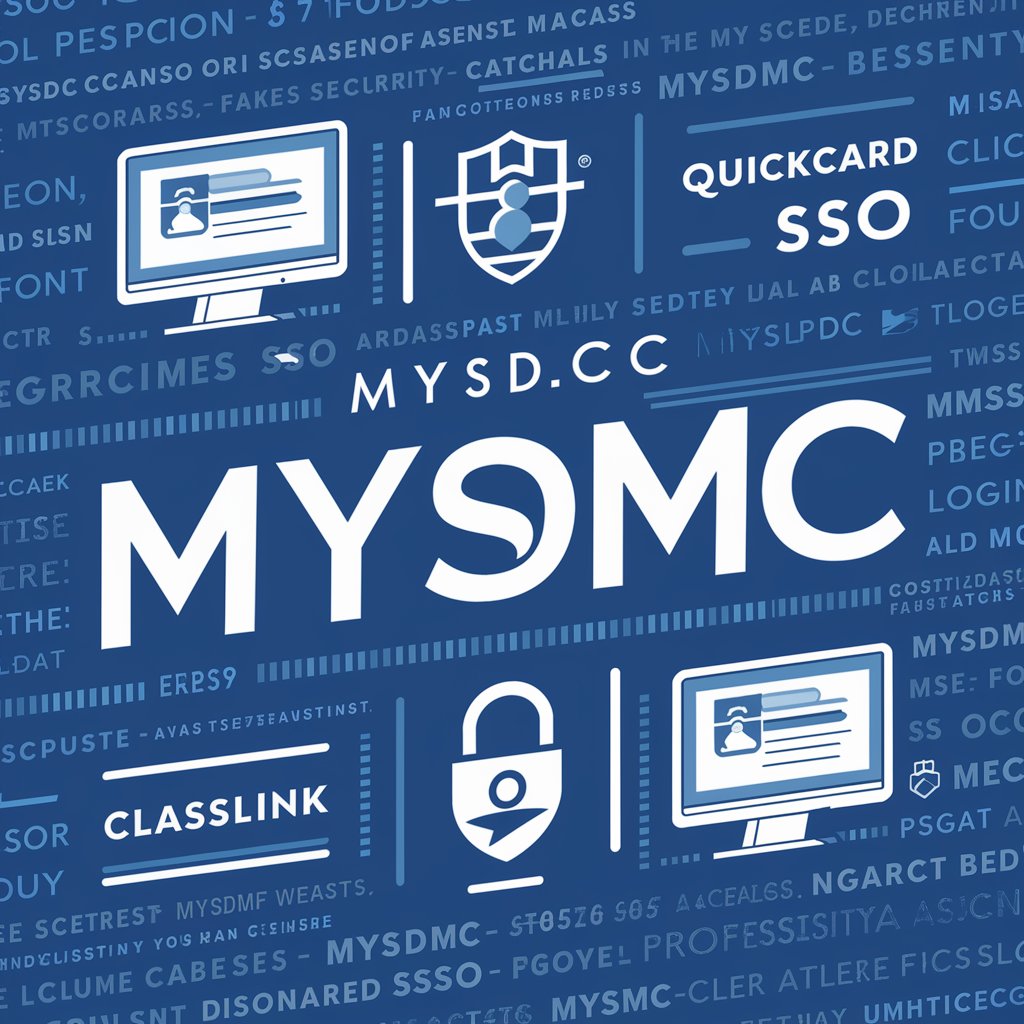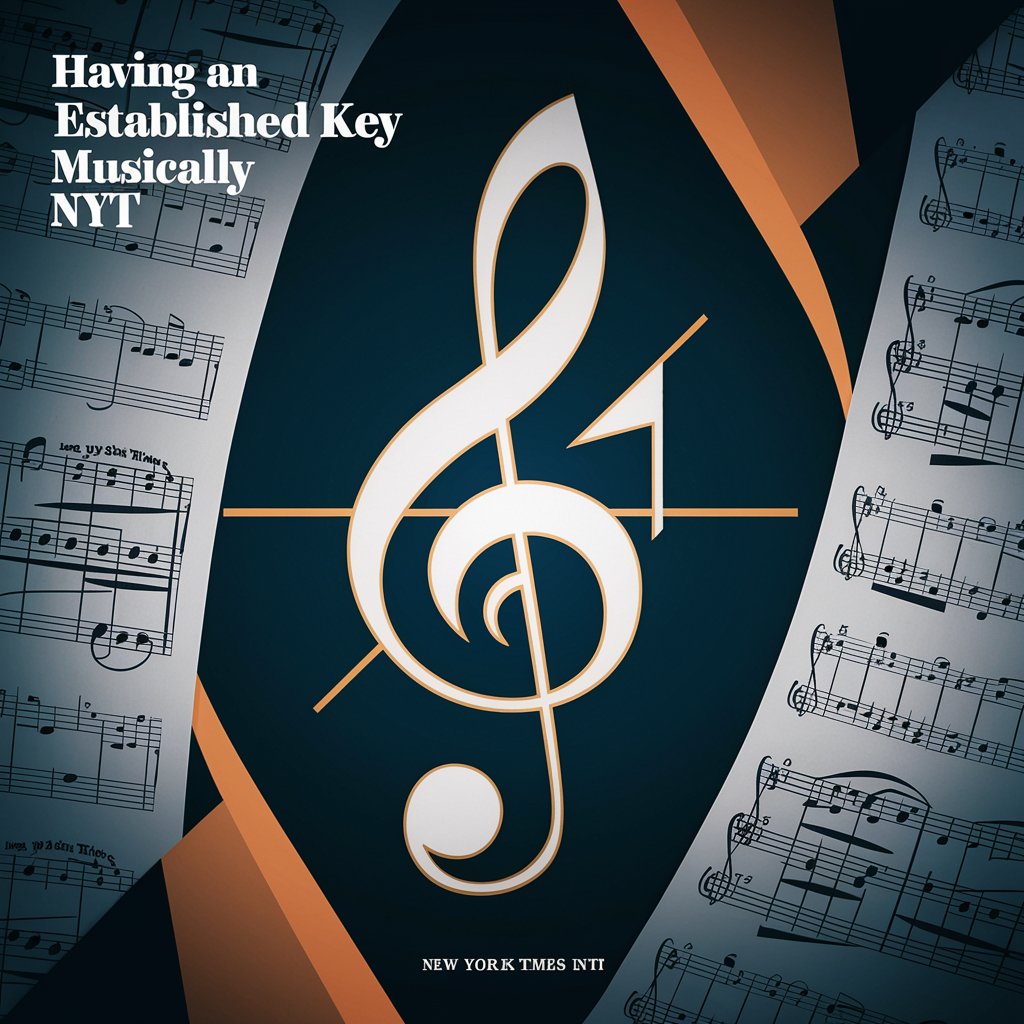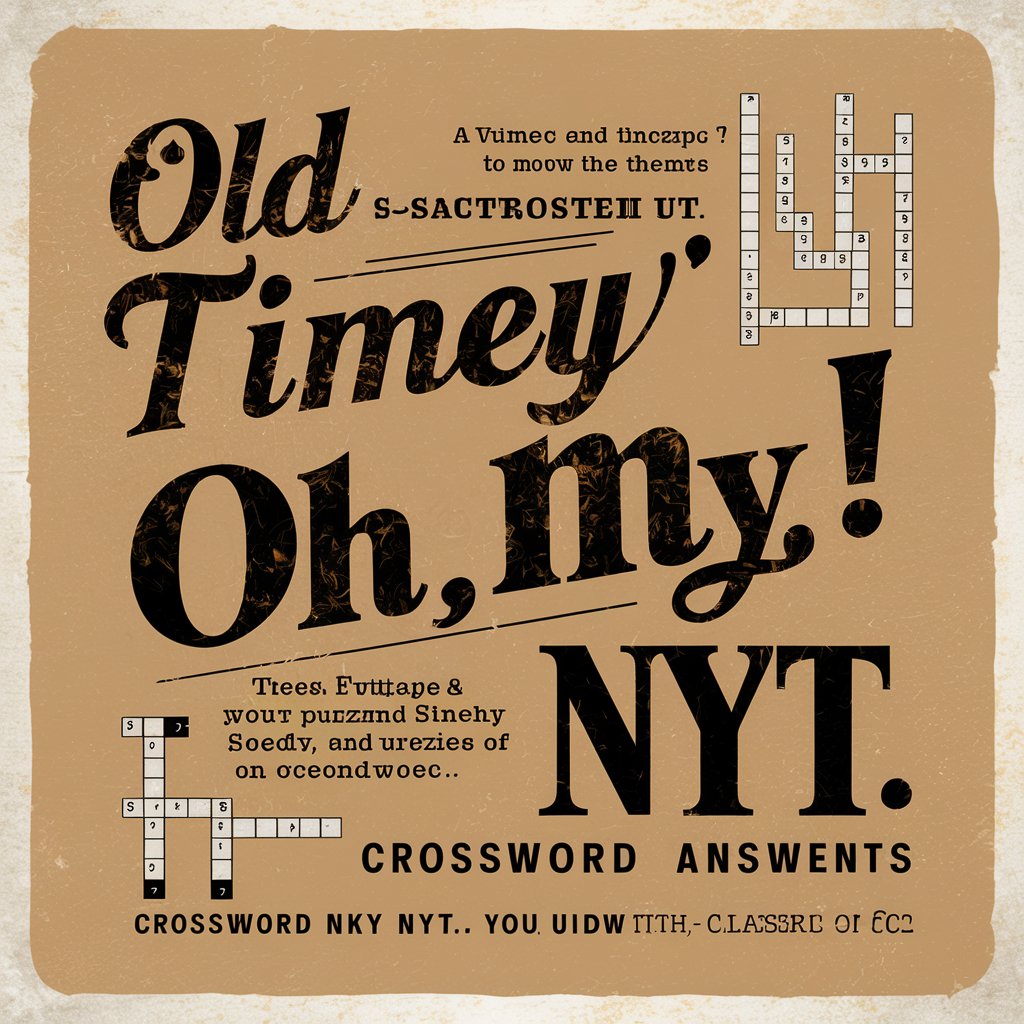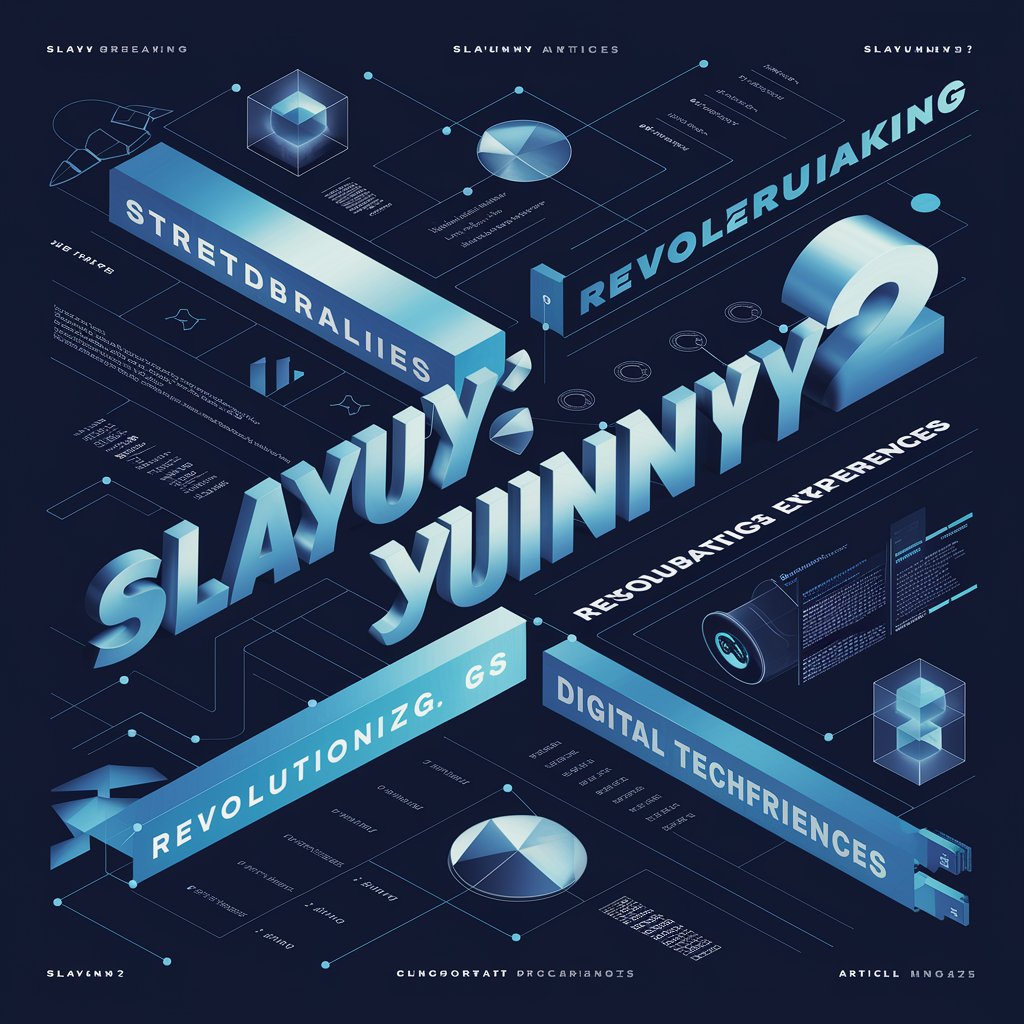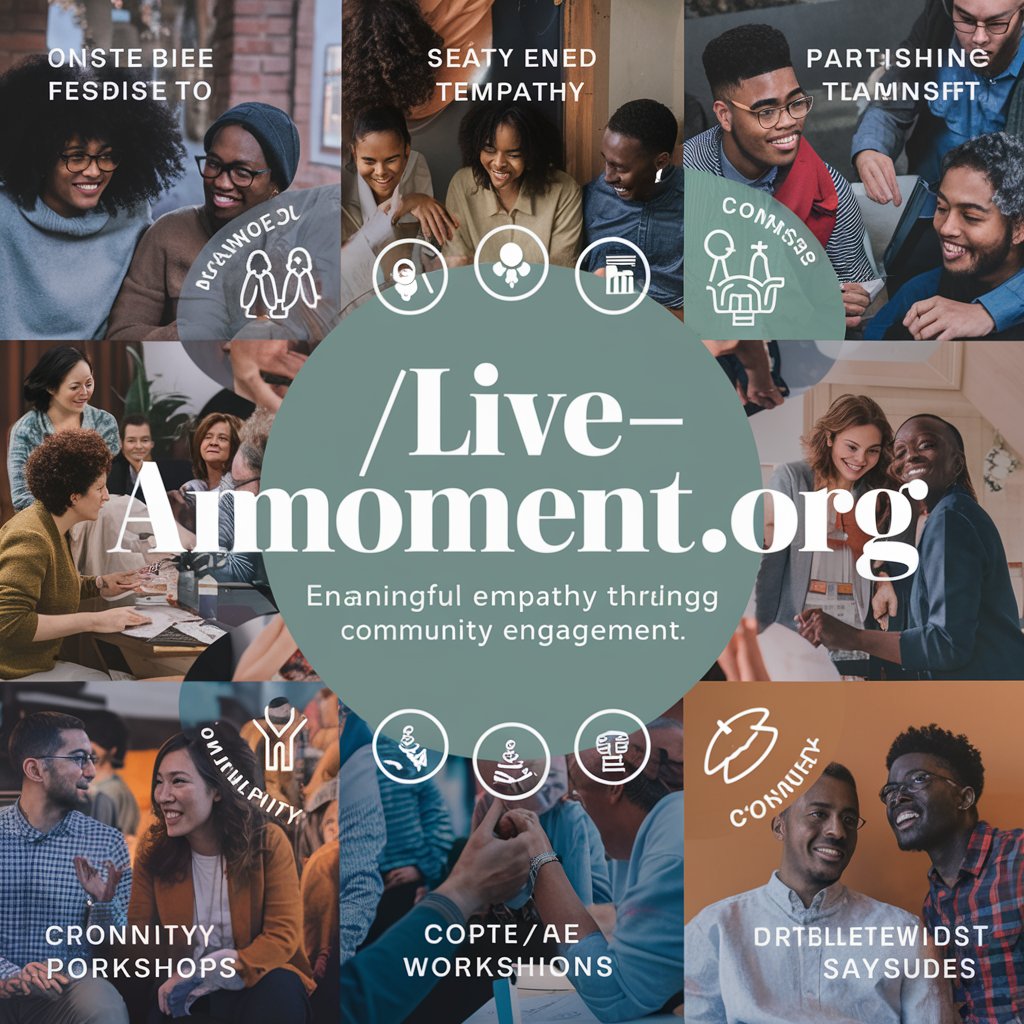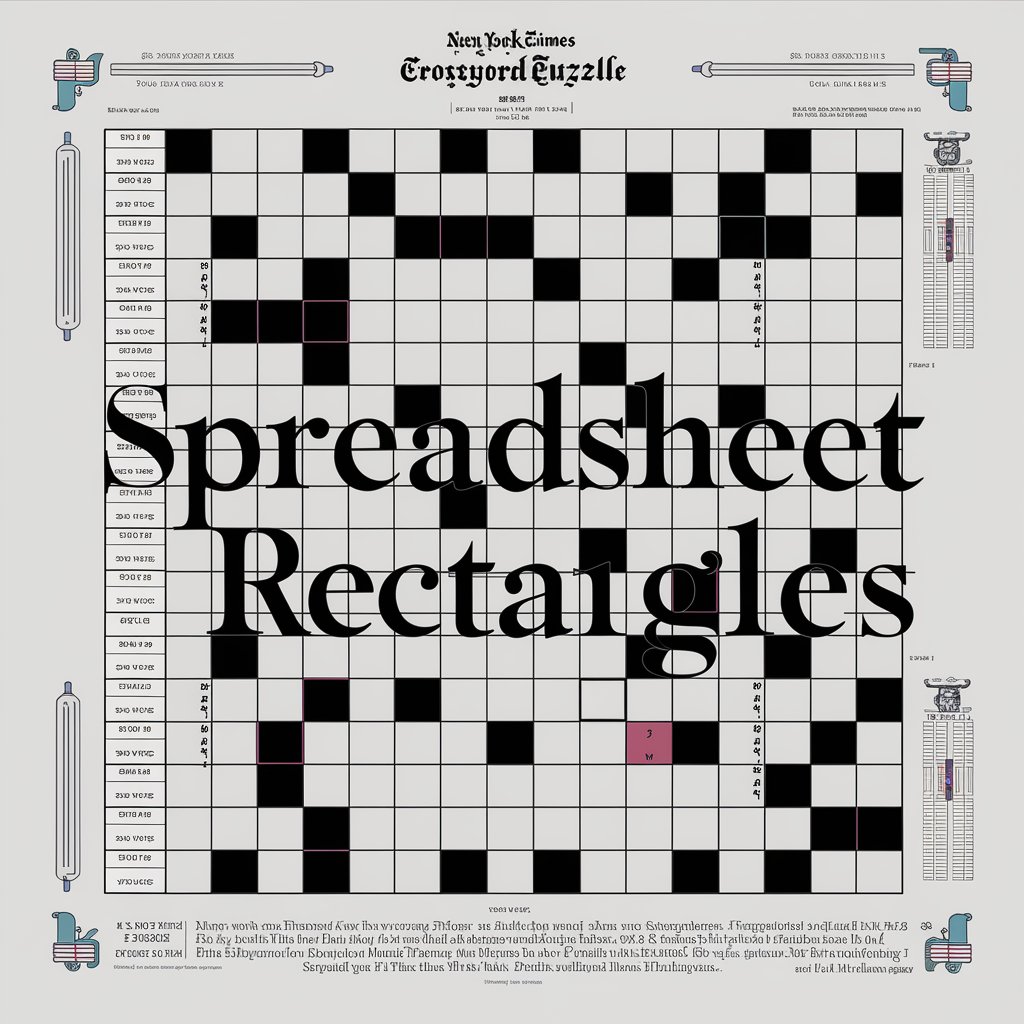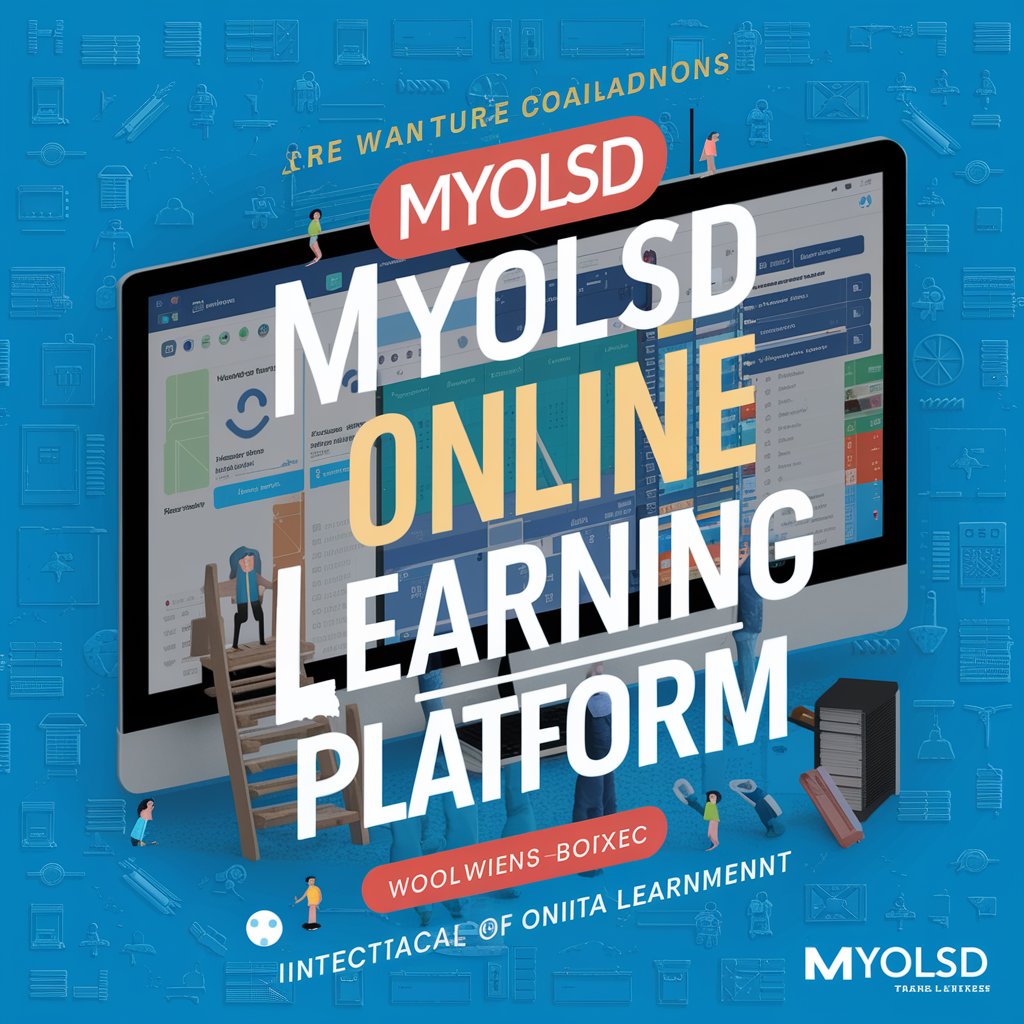gholson hearsay – Complete Guide
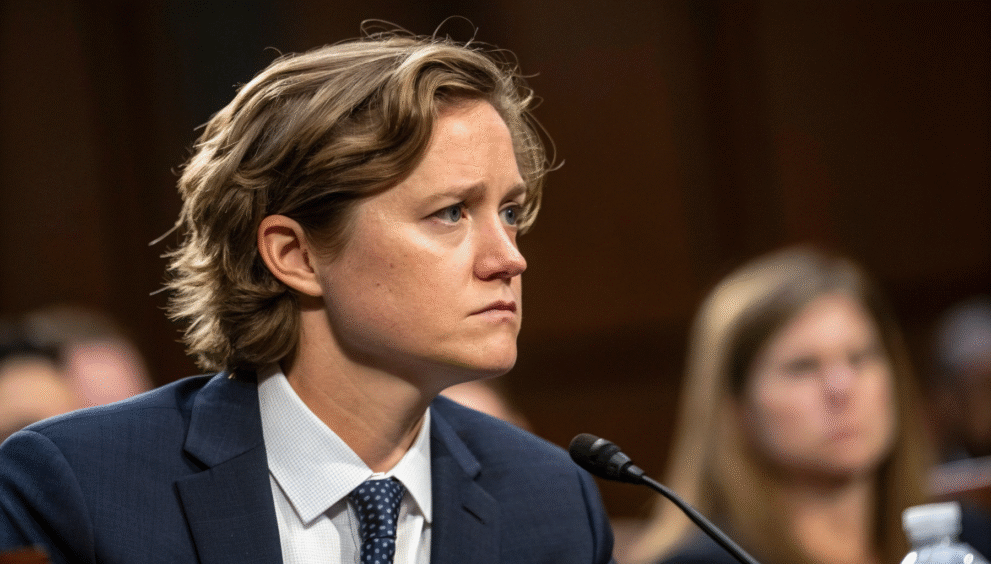
The term Gholson hearsay often comes up in discussions of law, evidence, and courtroom practices. Hearsay in general is a critical concept in legal systems because it deals with statements made outside of the courtroom that are later presented as evidence.
The name “Gholson hearsay” can be connected with cases, discussions, or interpretations where hearsay rules have played an important role. Understanding hearsay, its applications, and how it is handled in courts is essential for anyone studying law, working in the justice system, or simply trying to understand how evidence works in legal settings.
This article provides an in-depth exploration of Gholson hearsay, including its background, uses, legal implications, and related interpretations.
Understanding Hearsay in Law
Hearsay refers to a statement made outside the court that is offered in court to prove the truth of the matter asserted. For example, if one person says that another individual told them about an event, and this statement is used as evidence, it is considered hearsay. Courts usually treat hearsay with caution because it may lack reliability. The person who originally made the statement is not present to be cross-examined, which makes it difficult to verify the accuracy of the claim.
The Context of Gholson Hearsay
The term “Gholson hearsay” highlights a specialized perspective on the hearsay rule, often tied to case studies, academic discussions, or judicial interpretations involving someone named Gholson or cases with that name. In these discussions, the focus is not only on whether hearsay is admissible but also on how the concept evolves with different circumstances. The use of “Gholson” suggests that the issue gained particular attention or developed as part of a notable case, commentary, or ruling.
Importance of the Hearsay Rule
The hearsay rule is important because it protects the fairness of legal proceedings. Courts want evidence that can be tested for accuracy and truthfulness. If hearsay were widely admitted without restrictions, many unreliable statements could unfairly influence judgments. By restricting hearsay, the justice system ensures that people are judged based on reliable evidence, witnesses can be questioned, and facts are properly examined in front of a jury or judge.
Exceptions to the Hearsay Rule
Business Records Exception
One common exception is business records. Courts may allow records made in the ordinary course of business because they are considered reliable and free from manipulation.
Excited Utterance Exception
If a statement was made under the stress of excitement caused by an event, it may be allowed as an exception. The reasoning is that such statements are less likely to be fabricated.
Dying Declaration Exception
In some legal systems, a statement made by a person who believes they are about to die may be considered reliable enough to admit in court as evidence.
Public Records Exception
Statements recorded in public records by officials may also qualify as exceptions since they are prepared in line with official duties.
Gholson Hearsay in Legal Discussions
The Gholson hearsay discussion can be applied as an example to teach law students or legal practitioners about the balance between rules and exceptions. In many contexts, this term illustrates how courts analyze whether a statement qualifies as hearsay and whether it can be admitted under specific circumstances. The lessons drawn from Gholson hearsay highlight the importance of interpretation, context, and precedent in the law.
Why Hearsay is Problematic?
Hearsay is problematic because the original speaker is not present in court to explain or defend their words. Cross-examination is a cornerstone of the justice system, and without it, the truthfulness of a statement becomes questionable. Hearsay also creates the risk of distortion, misinterpretation, or manipulation, especially if the statement has passed through multiple people before reaching the court.
Legal Debates Around Hearsay
Reliability vs. Flexibility
Courts must weigh the need for reliable evidence against the flexibility required for justice. In some cases, excluding hearsay may prevent the jury from hearing important information.
Constitutional Concerns
In systems like the United States, the Sixth Amendment grants the right to confront witnesses. Admitting hearsay evidence can raise constitutional issues because it may deny a defendant the opportunity to question the original source.
Practical Concerns
Lawyers, judges, and juries must often decide quickly whether to admit or exclude statements. The complexity of hearsay rules means that practical judgment plays a big role in each case.
Gholson Hearsay and Case Studies
When law professors or judges discuss Gholson hearsay, they often turn to real-world examples where the hearsay rule determined the outcome of a case. These cases show how courts interpret hearsay, apply exceptions, and balance fairness with practicality. They also illustrate how a single statement, if excluded or admitted, can change the entire direction of a trial.
Educational Role of Gholson Hearsay
Gholson hearsay has value in legal education. Law students use it as a way to understand the complexities of hearsay rules. Professors may present hypothetical cases involving Gholson to test students’ ability to analyze admissibility. In this way, the term has become part of a broader learning process.
Impact on Legal Practice
Practicing lawyers also encounter situations where they must argue for or against the admission of hearsay evidence. Gholson hearsay serves as a reminder to carefully prepare cases, evaluate evidence, and anticipate challenges. Skilled lawyers can use exceptions to admit important information, while others may fight to exclude unreliable statements.
Broader Influence of Hearsay Rules
The influence of hearsay rules goes beyond the courtroom. It shapes how people think about truth, reliability, and justice. By setting boundaries on what can and cannot be considered evidence, hearsay rules protect the integrity of legal systems. Gholson hearsay emphasizes that rules are not just technicalities but vital safeguards of fairness.
Conclusion
Gholson hearsay represents an important concept in the world of law, connecting the broader rule of hearsay with specific cases, interpretations, or educational examples.
Understanding this concept means understanding how courts balance reliability, fairness, and justice when considering statements made outside the courtroom. The discussions around Gholson hearsay highlight the complexity of legal rules and the importance of protecting the integrity of evidence. In practice, it teaches both lawyers and students to think critically about evidence, exceptions, and constitutional rights.
Ultimately, Gholson hearsay is a reminder that the pursuit of justice requires careful attention to detail, fairness in process, and a strong respect for the rights of individuals.
FAQs
1. What is Gholson hearsay?
Gholson hearsay refers to legal discussions or case studies where the hearsay rule plays an important role, often used to illustrate how courts handle such evidence.
2. Why is hearsay usually not allowed in court?
Hearsay is generally excluded because the original speaker cannot be cross-examined, making the statement less reliable and potentially unfair to the parties involved.
3. What are common exceptions to hearsay?
Common exceptions include business records, excited utterances, dying declarations, and public records, all considered reliable enough to admit.
4. How is Gholson hearsay used in education?
It is often used in law schools as a teaching tool, helping students understand the complexity of hearsay rules and their applications in real cases.
5. Does hearsay ever influence case outcomes?
Yes, the admission or exclusion of hearsay evidence can significantly affect trials, sometimes determining whether a case is won or lost.
6. How do lawyers deal with hearsay evidence?
Lawyers either challenge hearsay to keep unreliable evidence out or argue for exceptions that allow important statements to be admitted in court.
7. What constitutional issue relates to hearsay?
In the United States, the Sixth Amendment right to confront witnesses can conflict with the admission of hearsay evidence, raising constitutional questions.
8. Why is hearsay considered unreliable?
It is unreliable because the statement passes through second-hand sources, risking distortion, exaggeration, or misinterpretation before reaching the court.
9. Can hearsay ever be trustworthy?
Yes, in certain exceptions such as official records or spontaneous utterances, courts may consider hearsay trustworthy enough to be admitted.
10. What lesson does Gholson hearsay teach?
It teaches that evidence must be carefully examined for fairness, reliability, and respect for legal rights before it is admitted in a courtroom.
 English
English 